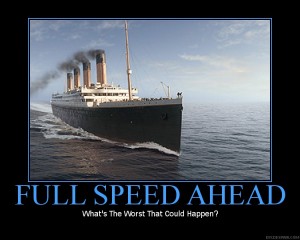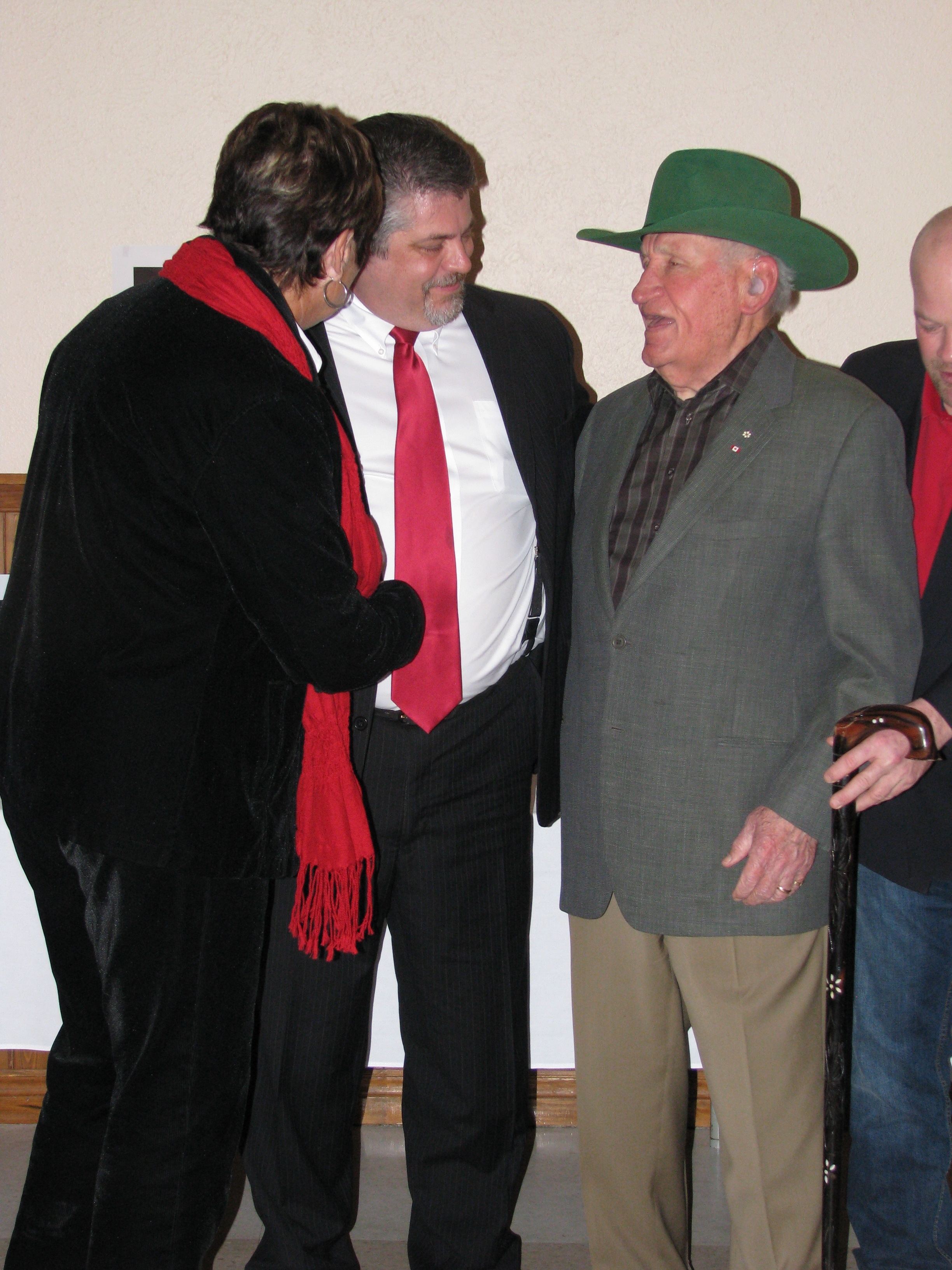Jim Romahn writes on his Agri 007 blog:
The Canadian Food Inspection Agency continues to mislead its political bosses into believing they are running one of the world’s best food safety systems.
It’s nonsense.
They have been telling agriculture ministers the same story for as long as I have been a reporter, which is almost 50 years. It wasn’t true then, and it’s not true now.
Every time Canadian meat-packing plants undergo inspection by truly independent and well-informed people – i.e. United States and European officials – a litany of  shortcomings is listed. Every time the Canadians agree with the findings and promise to fix things.
shortcomings is listed. Every time the Canadians agree with the findings and promise to fix things.
This time, in the wake of XL Foods Inc. and beef that food-poisoned people with E. coli O157:H7 and Maple Leaf Foods Inc. and processed meats that poisoned and killed Canadians with Listeria monocytogenes, Agriculture Minister Gerry Ritz and his parliamentary secretary, Pierre Lemieux, are still saying Canada has one of the best food safety inspection bureaucracies in the world.
And they are fond of saying that under their watch, more meat inspectors have been hired.
Malcolm Allen, NDP member from Welland, is not fooled. He asked great questions during third reading of the proposed legislation to consolidate and up-date food safety regulations.
He asked for whistleblower protection. The Tories ignored him. I know from reporting experience that there are conscientious meat inspectors who want the public to know the truth about flaws and failures in the system. But they are afraid of reprisals. They have no protection under the Tories who pass off the critics by saying there are protections under the criminal code.
Let them name just one meat inspection whistleblower who has been confident in that protection. I’m willing to bet that there were concerned meat inspectors at the XL Foods Inc. and Maple Leaf Foods Inc. plants, people who have been trained to spot deficiencies. They remained silent.
Allen pointed out that the CFIA has failed to conduct an adequate and professional audit of the very design of its food-safety systems. This was recommended in the report prepared about the Maple Leaf situation, a recommendation that Ritz says the CFIA implemented; Allen pointed out that he’s wrong.
Wayne Easter, who was agriculture minister for the Liberals, was ineffectual during the third-reading debate. He, too, was misled by the CFIA brass when he was agriculture minister, and he, too, said at the time that Canada has the best food-safety system in the world.
Yes, Canada has a relatively good food-safety system – on paper. But relative to the best systems in the world, and the best performance in the world, Canada isn’t even second rate.
We need, at the very least, strong whistleblower protection so Canadians can be alerted by trained, on-the-job meat inspectors about flaws and deficiencies in the system.

 Jim used to write speeches for Gene.
Jim used to write speeches for Gene..jpg) By about 1999, I’d gotten bored of hearing myself talk. There’s lots of prof types who make careers out of recycling, but after publishing a book, Mad Cows and Mother’s Milk, and going on the academic circuit, I was really bored with myself.
By about 1999, I’d gotten bored of hearing myself talk. There’s lots of prof types who make careers out of recycling, but after publishing a book, Mad Cows and Mother’s Milk, and going on the academic circuit, I was really bored with myself. Its veterinarians signed the paperwork clearing the embryo exports. Its veterinarians failed to notice collection dates two weeks apart for the same donor cow. Its veterinarians failed to notice Hill apparently collected more than 6,000 embryos from six cows within less than a year.
Its veterinarians signed the paperwork clearing the embryo exports. Its veterinarians failed to notice collection dates two weeks apart for the same donor cow. Its veterinarians failed to notice Hill apparently collected more than 6,000 embryos from six cows within less than a year.(1).jpg) While Michael McCain seems to be gathering year–end goodwill for his handling of the Listeria contamination in the Maple Leaf plant, I think it is too early for applause. Effective long term solutions have not been put in place.
While Michael McCain seems to be gathering year–end goodwill for his handling of the Listeria contamination in the Maple Leaf plant, I think it is too early for applause. Effective long term solutions have not been put in place. Investigative journalism is an important factor in uncovering the stinking wet spots that can exist within big bureaucracies and industries. Investigative reporting is particularly important in instances in which the public is indifferent to the issue or prefers to believe that the government can be trusted to always do what is right. Everyone has a responsibility to be vigilant about government action and inaction.
Investigative journalism is an important factor in uncovering the stinking wet spots that can exist within big bureaucracies and industries. Investigative reporting is particularly important in instances in which the public is indifferent to the issue or prefers to believe that the government can be trusted to always do what is right. Everyone has a responsibility to be vigilant about government action and inaction.  Jim just sent me this column about food, protectionism and hypocrisy.
Jim just sent me this column about food, protectionism and hypocrisy.